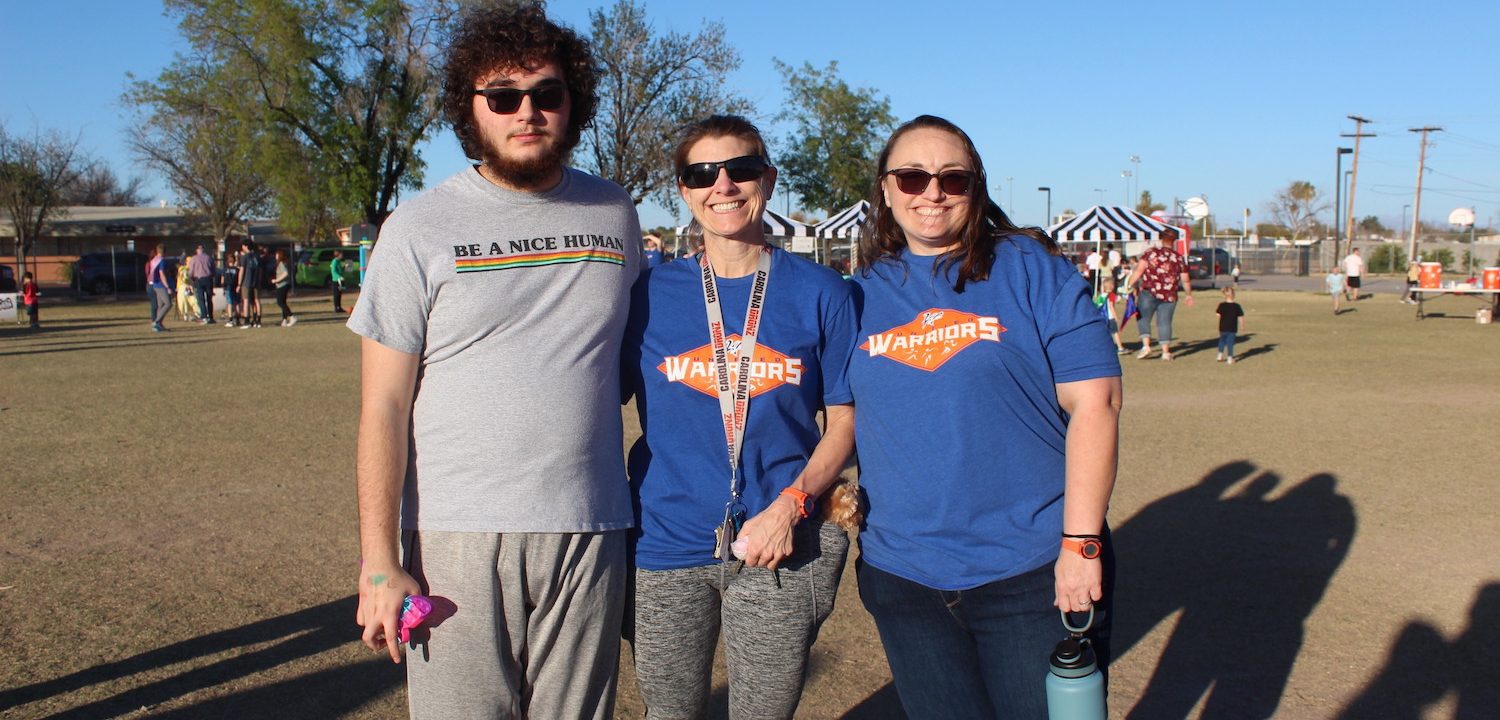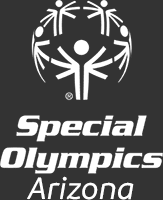
Treatments for Prader-Willi Syndrome
Treatments for Prader-Willi Syndrome
Prader-Willi Syndrome (PWS) is a complex genetic disorder, presenting a myriad of challenges that require a multifaceted approach to care. This very rare and complex genetic disorder causes a number of physical, intellectual, and behavioral issues that greatly affect a child’s metabolism and cause changes in their body and behavior. It is the leading cause of life-threatening childhood obesity due to the constant hunger that children with Prader-Willi often develop as a result of the changes to their metabolism. Children with PWS will usually develop an insatiable hunger around the age of two, one of the main characteristics of the syndrome. The Special Olympics Arizona team is breaking down treatments for this complex disorder, including medications, educational treatments, and therapies available to help individuals and their families manage Prader-Willi syndrome.
Medications
Medications play a pivotal role in managing specific aspects of PWS, addressing both physical and behavioral challenges. Common medications that may be used to treat symptoms of Prader-Willi syndrome include:
Human Growth Hormone (HGH) Treatment
Human growth hormone (HGH) treatment is a cornerstone in the management of Prader-Willi syndrome. Children with PWS often exhibit growth hormone deficiency, leading to short stature and other associated issues. HGH treatment involves the administration of synthetic growth hormone, promoting linear growth and helping to normalize body composition. Beyond height improvements, HGH treatment contributes to muscle development and overall well-being.
Sex Hormone Treatment
As individuals with PWS enter puberty, sex hormone treatment may be considered. Hormonal imbalances can affect the development of secondary sexual characteristics, bone density, and overall reproductive health. Sex hormone treatment aims to address these imbalances, supporting a more typical pubertal development and mitigating associated complications.
Weight & Diet Management
Weight management is a critical aspect of caring for individuals with Prader-Willi syndrome. PWS is often characterized by an insatiable appetite, leading to excessive weight gain and obesity. Implementing a carefully monitored and controlled diet is essential. Caloric intake must be regulated to prevent excessive weight gain, and dietary interventions are tailored to individual needs. The collaborative efforts of healthcare providers, nutritionists, and families play a crucial role in maintaining a healthy weight for individuals with PWS. Parents may work with a team of specialists to develop a detailed plan for managing the diet of their child, including guidance on how to keep their child from excessive eating due to their insatiable appetite.
Educational Therapy
Education therapy takes center stage in addressing the cognitive and developmental aspects of Prader-Willi syndrome. Tailored educational approaches are designed to meet the unique learning profiles of individuals with PWS. Educational interventions may include individualized education plans (IEPs), specialized educational services, and strategies to enhance academic success. The focus is on fostering cognitive development, optimizing learning potential, and providing a supportive educational environment.
Treatment Therapies
As with many disorders that affect physical and cognitive development, there are a number of therapies that emerge as options when looking for treatments for individuals with PWS. These therapies can help regulate a number of symptoms and may be recommended by a doctor or a specialist depending on your child’s unique situation.
Cognitive Behavioural Therapy (CBT)
Cognitive behavioral therapy (CBT) is a valuable therapeutic approach for managing behavioral challenges associated with Prader-Willi syndrome. Individuals with PWS may exhibit obsessive-compulsive behaviors, anxiety, and difficulties with impulse control. CBT aims to identify and modify maladaptive thought patterns and behaviors, foster adaptive coping strategies and promote emotional well-being.
Physical Therapy
Physical therapy plays a crucial role in addressing the musculoskeletal challenges often present in individuals with Prader-Willi syndrome. Reduced muscle tone, joint laxity, and motor coordination issues can impact mobility and functional independence. Physical therapists work collaboratively to design interventions that enhance strength, coordination, and overall motor skills. Through targeted exercises and interventions, physical therapy contributes to improved mobility and quality of life.
Speech-Language Therapy
Speech-language therapy is essential for individuals with Prader-Willi syndrome who may encounter challenges in speech and language development. Speech therapists work to enhance communication skills, address articulation difficulties, and support overall language development. Additionally, speech-language therapy may focus on social communication and pragmatic skills, fostering meaningful interactions and connections.
Living with Prader-Willi Syndrome
Living with Prader-Willi syndrome involves a holistic approach that extends beyond specific treatments. Families, caregivers, and healthcare providers collaborate to create supportive environments that address the unique needs of individuals with PWS. Other treatments that many individuals turn to when it comes to living with PWS include:
- Nutritional Counseling: Ongoing nutritional counseling provides guidance on maintaining a balanced diet, managing food-related behaviors, and preventing excessive weight gain.
- Psychological Support: Emotional and psychological support is crucial for individuals with PWS and their families. The challenges associated with the syndrome may necessitate ongoing counseling and mental health support.
- Community Involvement: Engaging individuals with PWS in community activities and social interactions contributes to a sense of belonging and overall well-being.
- Routine and Structure: Establishing routine and structure is essential to managing the daily lives of individuals with PWS. Predictability and consistency help navigate challenges related to compulsive behaviors and routine deviations.
The treatment landscape for Prader-Willi syndrome is intricate and multifaceted, encompassing medications, hormonal treatments, weight management strategies, and therapeutic interventions. As research and understanding of PWS continue to evolve, the hope is that ongoing advancements will provide new avenues for improved care and support for individuals living with this complex genetic disorder. Collaboration among a team of healthcare professionals and an individual’s family will help them receive the best treatment options available that can be personalized to their unique situation.



